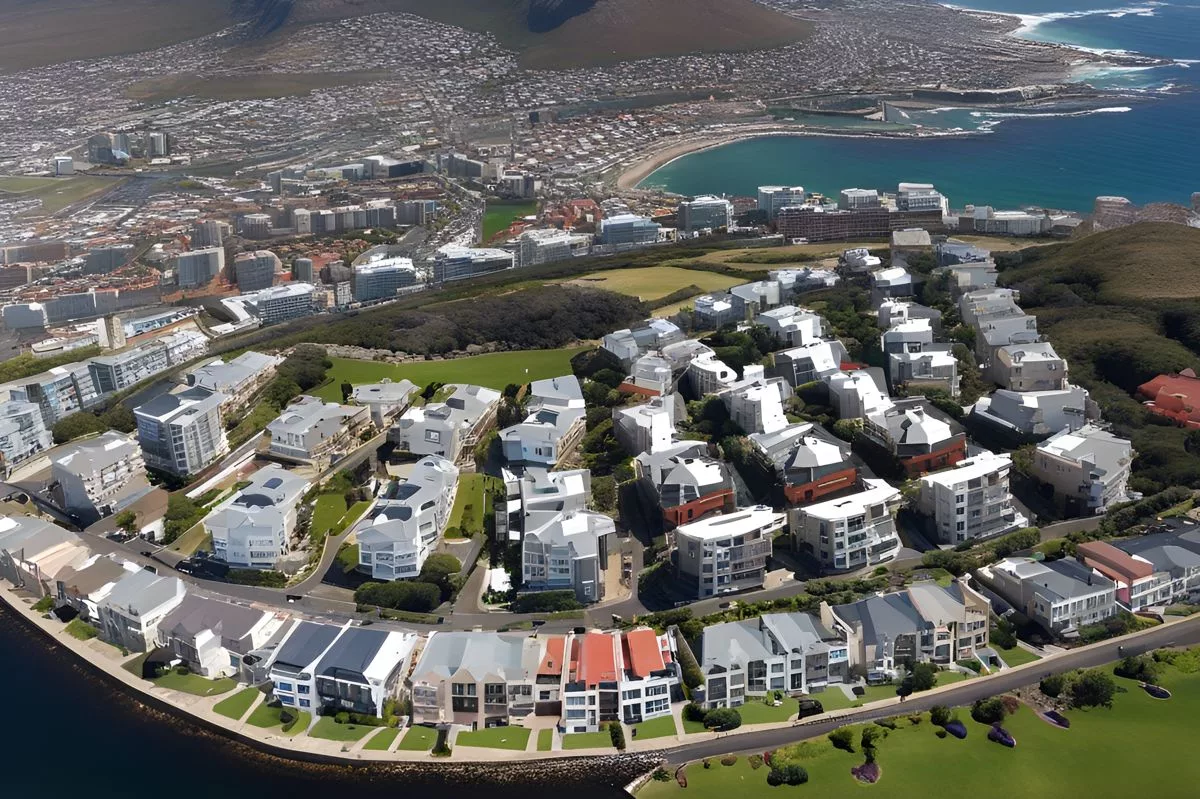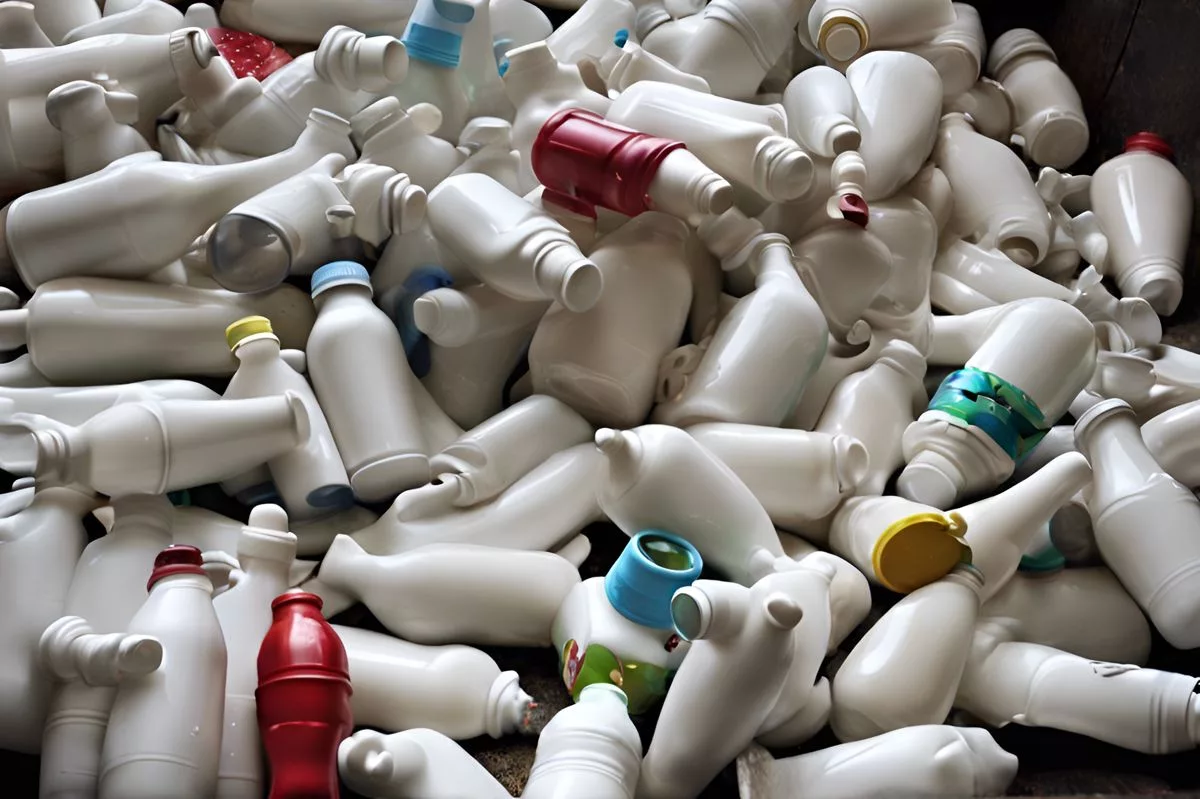A recent review of South Africa’s public sector earnings and social benefits has revealed a stark contrast between government salaries and social grants. While government salaries have quadrupled in the past decade, nearly 30 million citizens live beneath the poverty threshold, with income less than R760 per month. This economic disparity poses a challenge for the government in balancing its wage bill and social grants. The government must balance the scale to ensure the most vulnerable sectors of society are not left behind.
A recent review of South Africa’s public sector earnings and social benefits revealed a stark contrast between government salaries and social grants. While government salaries have quadrupled in the past decade, nearly 30 million citizens live beneath the poverty threshold, with income less than R760 per month. This economic disparity poses a challenge for the government in balancing its wage bill and social grants.
The Dichotomy of Resource Allocation
In every country, the distribution of resources — particularly regarding public sector earnings and social benefits — is a crucial element of its economic structure. South Africa is no stranger to this concept. A recent striking contrast between government salaries and social benefits was unveiled in the 2024 National Treasury Macroeconomic Policy Review.
The standard yearly salary for a government worker has reached a whopping annual total of R465,000, translating to an impressive R38,750 per month. In stark contrast, nearly 30 million citizens living beneath the poverty threshold, with income less than R760 per month, find themselves trapped in a socio-economic chasm.
Public Sector Wage Growth Versus Stagnancy in Social Spending
Notably, the public sector’s wage bill has experienced a significant rise in the past ten years. It jumped from R408 billion in 2013/14 to an astounding R724 billion in 2023/24, a growth that is far from linear, but rather exponential in nature. This uptick is not an isolated figure; there’s been a proportionate increase in the number of civil servants becoming millionaires, the figure moved from 10,000 to 55,000 within the same timeframe.
Conversely, the South African Social Security Agency’s (SASSA) expenditure on the most disadvantaged citizens has remained more or less constant, after taking inflation into account. Despite all SASSA grants seeing an increase in April 2024, it’s challenging not to compare this to government salaries, which rank among the highest globally and have quadrupled over the past decade.
When set against international equivalents, the SASSA state pension appears to underperform. Compared to the elevated government salaries, it remains between four to eight times less than the average pension disbursed in Europe.
The Government’s Attempts to Balance the Scale
Intriguingly, while government wages soared, the employee count in most government functions remained fixed at 1.25 million over the review period. This development mirrors the government’s attempts to control the public sector wage bill‘s growth.
Finance Minister Enoch Godongwana recently announced a wage increase of 7.5%, a significant jump from the initially agreed-upon 4.5%, adjusted to accommodate the high living costs. This decision, however, imposes an added burden of R23.6 billion on South Africa’s national budget.
Despite a slight decrease in the wage bill increase – from 35.7% to 32.1% as a proportion of government expenditure – it is evident that the speed of public wage increases is outstripping social grants. As government salaries continue to grow at markedly higher rates, social grants, sadly, are not keeping pace with annual inflation.
An Economic Paradox and Its Implications
The current situation poses an economic conundrum. While the efforts to slow the public sector wage bill’s growth are praiseworthy, the widening gap between government salaries and social grants is cause for alarm. This scenario necessitates a balance to ensure that while the public sector is suitably rewarded, the most vulnerable sectors of society are not left in the lurch.
Although the South African government’s efforts to balance its wage bill and social grants are apparent, it remains to be seen if these efforts will suffice to bridge the gap between the two. This matter extends beyond just economics or policy; it’s about ensuring that fairness is embedded in South Africa’s growth narrative.
1. What is the economic disparity in South Africa between government wages and social grants?
A recent review has shown a stark contrast between government salaries and social grants, with government salaries quadrupling in the past decade while nearly 30 million citizens live beneath the poverty threshold, with income less than R760 per month.
2. Has there been a growth in public sector wages or social spending in South Africa?
The public sector’s wage bill has experienced significant growth in the past decade, jumping from R408 billion in 2013/14 to R724 billion in 2023/24, while social spending has remained relatively constant after taking inflation into account.
3. How does South Africa’s social security state pension compare to other countries?
Compared to the elevated government salaries, the state pension disbursed by the South African Social Security Agency (SASSA) remains between four to eight times less than the average pension disbursed in Europe.
4. What is the South African government doing to balance its wage bill and social grants?
The government has attempted to control the growth of the public sector wage bill while increasing social grants. Recently, Finance Minister Enoch Godongwana announced a wage increase of 7.5%, a significant jump from the initially agreed-upon 4.5%, adjusted to accommodate high living costs, which imposes an added burden of R23.6 billion on South Africa’s national budget.
5. Is the growth of public sector wage increases outpacing social grants in South Africa?
Yes, as government salaries continue to grow at markedly higher rates, social grants are not keeping pace with annual inflation, creating a widening gap between government salaries and social grants.
6. What are the implications of this economic disparity in South Africa?
The current situation poses an economic conundrum and requires a balance to ensure the most vulnerable sectors of society are not left in the lurch. It remains to be seen if the government’s efforts to balance its wage bill and social grants will suffice to bridge the gap between the two, as this matter extends beyond just economics or policy; it’s about ensuring that fairness is embedded in South Africa’s growth narrative.












